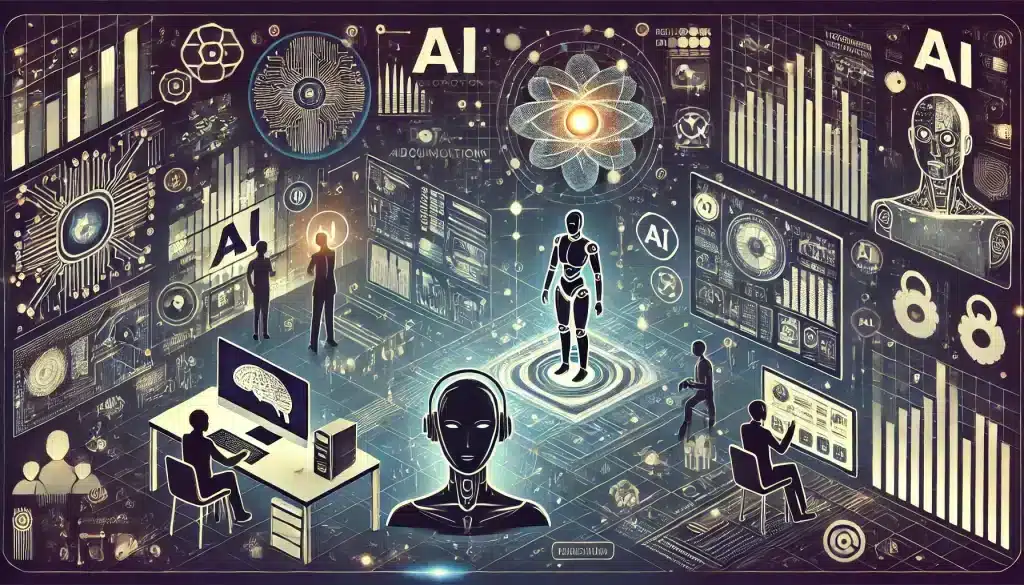The Challenges of AI-Generated Content
In recent years, AI-generated content in media has become a major concern. The rise in deepfake technology is particularly alarming. For example, Google’s response highlights these issues.
Deepfakes are manipulated videos or images created by AI. Therefore, they can easily mislead people. Fake explicit content, in particular, has severe ethical implications. Consequently, victims experience significant emotional trauma.
Google’s Approach to Combat Deepfakes
Google has initiated a proactive approach. Firstly, it updated its search algorithms. This update aims to demote explicit deepfake content. Secondly, Google provided a detailed process for victims to request removal. Hence, this two-pronged strategy tackles the issue from both ends.
In addition, Google’s criteria for removal are strict. For instance, the content must be fake, non-consensual, and identifiable. If these conditions are met, Google will attempt to filter out related explicit content. Moreover, frequent violators can face demotion in search results.
OpenAI’s Reluctance to Release Detection Tools
OpenAI’s stance provides a contrasting perspective. They have developed a tool to detect AI-generated text. Nevertheless, they hesitate to release it. This is mainly due to potential backlash from users.
Technical and Ethical Concerns
The tool employs watermarking technology, making it highly effective. Similarly, it scores documents based on the likelihood of AI generation. However, there are ethical and technical concerns. For example, non-English speakers could be disproportionately affected. Additionally, the method is susceptible to circumvention.
Moreover, OpenAI fears the tool could be deciphered, rendering it ineffective. Subsequently, bad actors could easily bypass the detection system. Ultimately, these risks have led OpenAI to withhold the tool.
Future Implications
AI’s role in media and entertainment will continue to grow. Consequently, ethical considerations must guide its development and use. Google and OpenAI offer two different approaches. Nonetheless, a balanced approach may be necessary. In conclusion, ongoing efforts are crucial to address these complex challenges.



